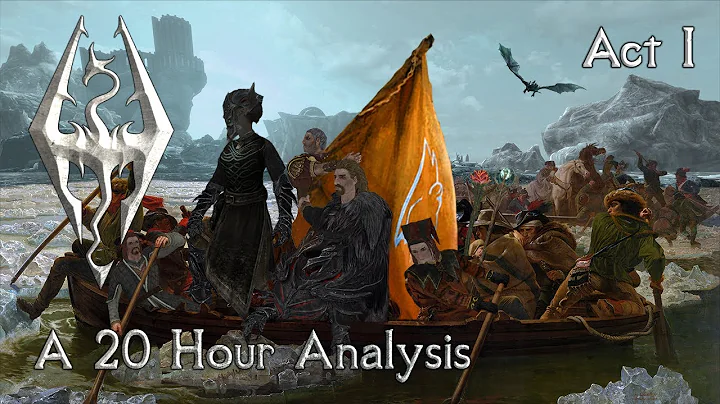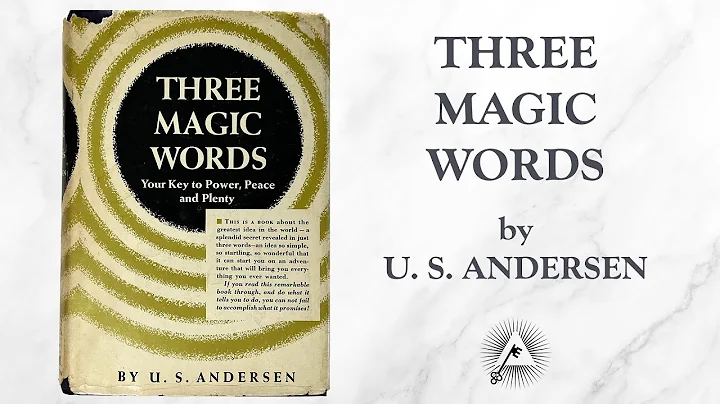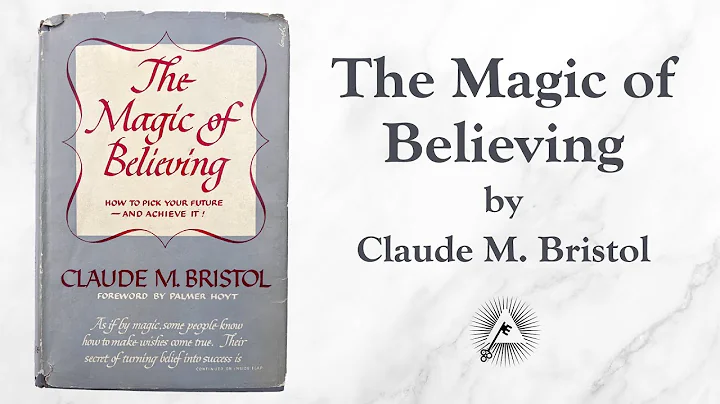Common sayings are widely circulated and cover all aspects of our lives. Some of them are very reasonable, and some are no longer suitable for today. But after all, common sayings are part of folk culture, reflecting every bit of people's lives in the past and giving more or less to them. People left behind some revelations. Let’s take a look at what the saying “If the home is not empty, wealth will bring peace to people”, what does it mean? Does it make sense?

1. "Do not leave the door empty"
The ancients believed that the door is like a person's mouth and throat. This is a place where people often come and go, and it is related to the family's wealth and safety. Not only does the door need to be clean and sanitary, but the location of the building must also be particular, that is, the door cannot be located on an empty space. So, what is an empty space?
In fact, this is due to the theory of Feng Shui. The ancients were very superstitious and often attributed the good or bad of some things to Feng Shui. In the past, people believed in Yin Yang Bagua and Feng Shui. Residences and gates are important places for people. There is a saying that "an empty door is an empty space." Therefore, during construction, we try to avoid empty spaces.
has eight normal directions: east, south, west, north, southeast, northeast, southwest and northwest. The ancients used " compass " to identify the directions more accurately. The compass is a compass in the middle, and the surroundings form a circle, which is 360 degrees. According to the eight directions, each direction occupies 45 degrees.

People divide each direction on the compass into three small directions, which means that a circle is divided into twenty-four parts, so there are twenty-four small directions, each A small orientation occupies 15 degrees. The 24 small directions are represented by the heavenly stems and earthly branches on the compass. This is what ancient people called the "twenty-four mountain directions".
In order to find more accurate directions, people divided each direction of the "Twenty-Four Mountain Directions" into three equal parts, so that a circle becomes seventy-two equal parts. Combined with the arrangement of heavenly stems and earthly branches , sixty groups form a cycle, so there are twelve small spaces in the seventy-two equal parts of a circle without the combination of heavenly stems and earthly branches. Then, divide the twelve small spaces evenly in each direction, so that there are twelve spaces in the seventy-two directions. People call the positions of these spaces "vacancies."
According to the direction of the compass, if the center line of the gate happens to point above the empty space, it means there is no direction, and this is the empty space. People think that if there is no orientation, there is no Qi of the Five Elements. Without the Qi of the Five Elements, a good Qi field cannot be absorbed, which means that there is no power in anything.
If the door is not empty, the home will absorb a good aura, the home will be able to accumulate wealth, and the family will be safe and prosperous. In fact, this is also a kind of beauty that people pursue. desire.

2. "The water tank cannot be empty"
A water tank is a device for holding water. It was a necessity for every household in the past. Now every household has access to tap water, and things like water tanks are slowly disappearing. No, this is also the development and progress of the times.
In the past, not to mention there was no running water, even wells were limited. Every morning, there would be many people lining up at the wells waiting to fetch water. After all, water is the source of all things. The water that people eat and use depends on water fetched from wells and carried to their homes in buckets.
The water storage device at home is a water tank, which can generally hold three to five loads of water. Under normal circumstances, it can be used for two or three days. But the water tank was not empty. When the water was low, I immediately went to fetch water and replenish it. There is a folk saying that "Mountains manage people, water manages wealth." In people's minds, water is a symbol of wealth. The water in the water tank is always full, which means that the family's wealth will continue to flow. Although this is a bit superstitious, it is also people's yearning and pursuit of a wealthy life.
In fact, there is another reason why the water tank is not empty. In the past, people mostly cooked by lighting fires. In addition, they liked to set off firecrackers to celebrate some traditional festivals, which invisibly caused some fires to people. Hidden danger. In order to ensure that fire accidents occur and fire hazards can be eliminated in time, people must fill up the water tanks at home, so the water tanks cannot be empty.

2. "Grain jars cannot be empty"
Grain jars are a kind of utensil for people to hold rice and noodles, mostly made of ceramics. This was also a necessity in people's lives in the past. It can prevent moisture and rats from being stolen. In the past, people's living conditions were difficult, but unlike now, food can be bought at any time. In backward times, people did not have such economic conditions.
In the past, the rice and noodles that people ate were all processed by themselves. Because technology was not developed and there were no machines for grinding rice and noodles like now, the rice and noodles were all ground manually. Although sometimes you don’t have rice and noodles at home, you can borrow them from your neighbors first, and then return them to your neighbors after grinding them yourself. However, there are also things to pay attention to when borrowing rice and noodles.
As we all know, there are some customs and taboos in rural areas in daily life. The same is true for borrowing things. It is unlucky to borrow things on certain days. If there is no rice and noodles at home and it is the time when things are not borrowed, the family will go hungry. After all, most people still pay attention to these things. This is also a taboo in the old traditional Najib.
What's more, people at that time were very superstitious and believed that the grain vat was a cornucopia and a symbol of wealth. Therefore, the grain vat could not be empty. In fact, this is also a reminder from the ancients that people should be prepared and avoid future troubles. After all, "food is the most important thing for the people."

"Three not empty things in the home will bring peace to people". Although the "three not empty things" in the saying are slightly superstitious, it still made sense in terms of the era at that time. This is also people's yearning and pursuit for a better life. However, if it is placed in our current era, it is obviously outdated. After all, society is progressing, and people nowadays almost They all live a well-off standard of living and don’t pay too much attention to themselves. I wonder what you think of this saying? Welcome to leave a message in the comment area!





















